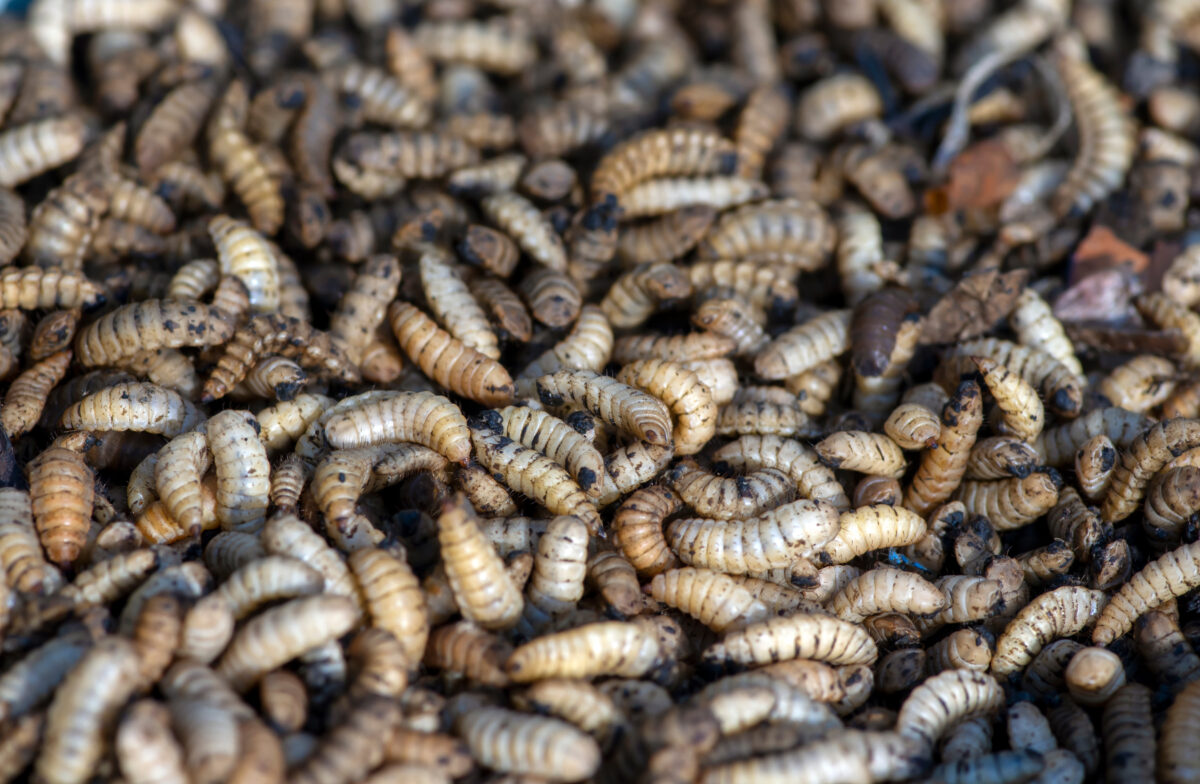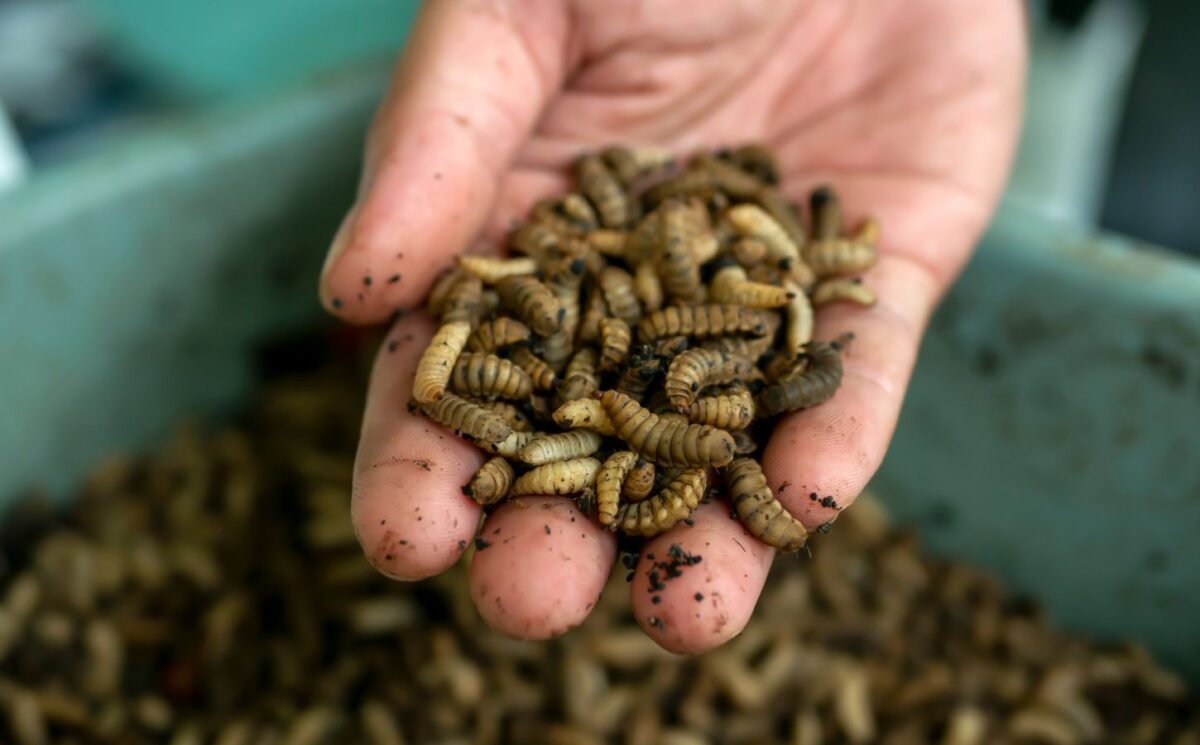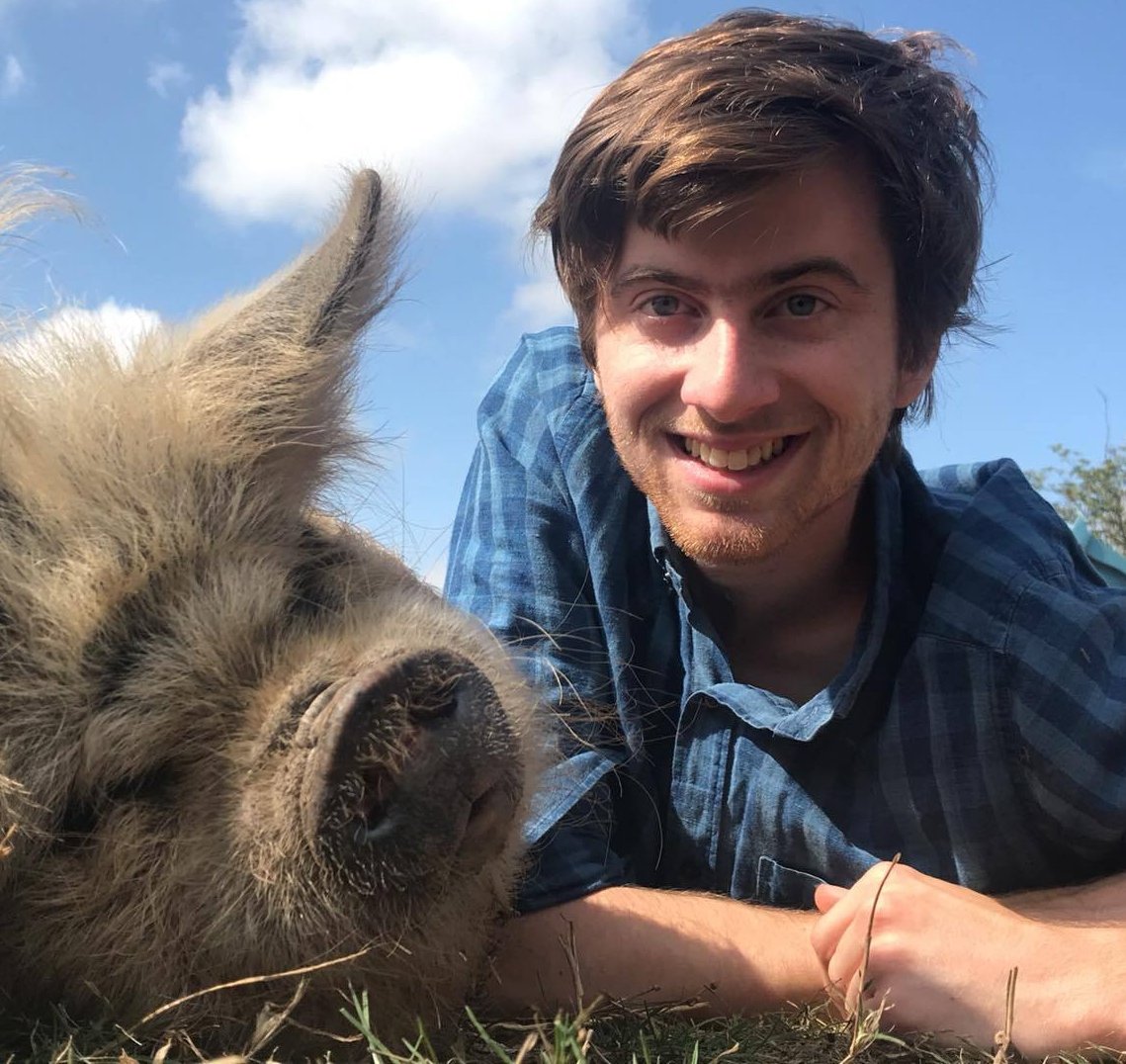US meat producer Tyson Foods announced last month that it has invested in an insect protein company. Based in the Netherlands, Protix specializes in “insect ingredients.”
The news follows an announcement earlier this year that Tyson would shut down four chicken plants in the face of falling demand. With meat consumption declining in some parts of the world, some meat companies are looking to diversify away from conventional animal products.
But are insects a sustainable and ethical alternative? Or are they simply a continuation of the cycle of animal abuse?
Tyson plans to feed animal waste to flies
The partnership between Tyson and Protix will see the meat producer build an insect factory in the US. At the facility, Tyson will feed black soldier flies with animal waste. These flies will then be made into feed for companion animals, farmed chickens, and fishes.
Research has shown that insects can feel pain. Tyson farms have repeatedly been exposed for animal cruelty. Given the enormous quantity of insects that will be needed to produce comparable amounts of protein, the capacity for suffering may be even greater.
The growth of insect farming

According to Tyson, the investment in Protix will “support the growth of the insect ingredient industry.” In time, the company hopes that insects will help “create more efficient sustainable proteins,” though the insects produced in the new factory will not be part of human food “for now.”
With ever-growing knowledge of the devastating environmental impacts of meat, Tyson is looking at ways to reduce its carbon footprint. Indeed, the meat giant already branched out into plant-based products, including a vegan burger, which it launched in 2021.
Are insects a sustainable solution?
Within the alternative protein sphere, some enthusiasts are describing insects as a sustainable alternative to meat. This year, the European Commision approved house crickets and lesser mealworm larvae for human consumption.
While it may be true that it takes fewer resources to farm insects than cows or pigs, this does not mean that they are a sustainable source of protein. Given their small size, producing comparable amounts of protein with insects would require farming enormous numbers of individuals. Scaling up insect production would therefore require industrialized farming techniques, such as mega farm facilities. This could cause the sector’s footprint to soar.
Plant-based food system
In contrast, viable vegan alternatives are already available. Research has shown how land use would fall drastically with a fully plant-based food system. As well as being environmentally sustainable, vegan food production also results in a vastly lower number of animal deaths.






